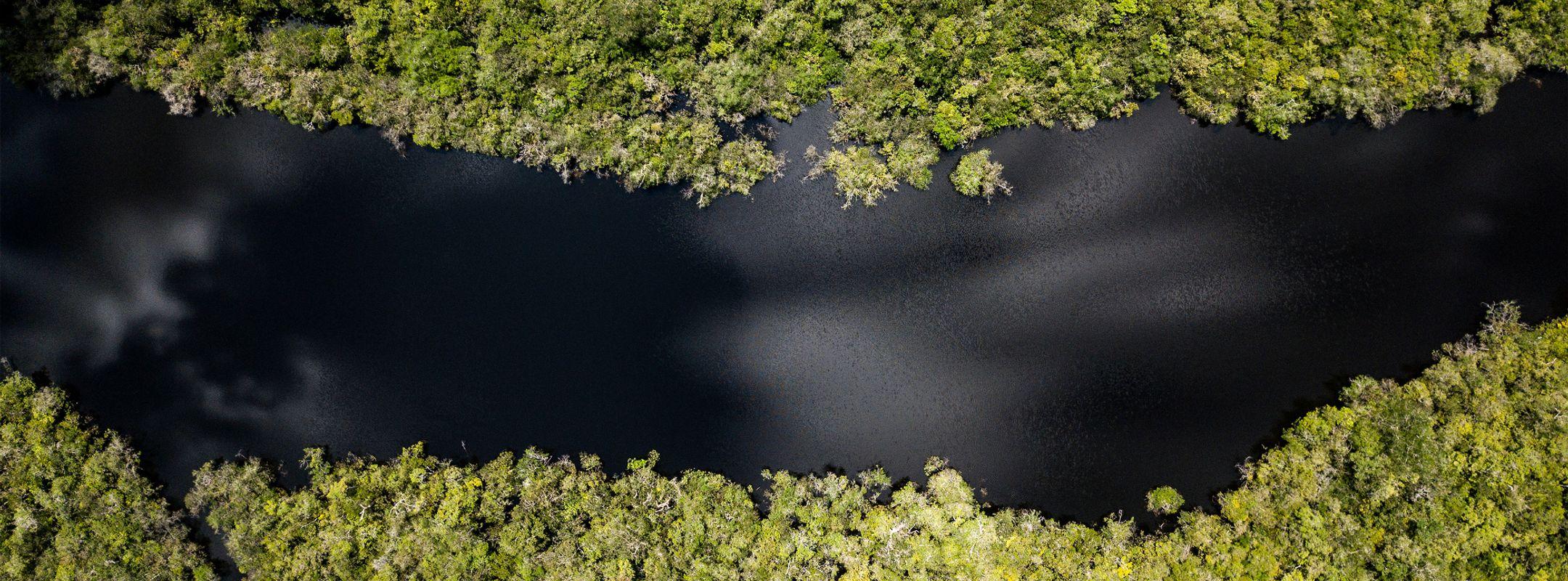Supporting France’s plan to increase transparency over deforestation
1 Aug 2022
5 min read
Trase worked with the French government to support the implementation of its strategy to end deforestation linked to imports of agricultural commodities.

Cueiras river, Amazonas State // Rogerio Assis